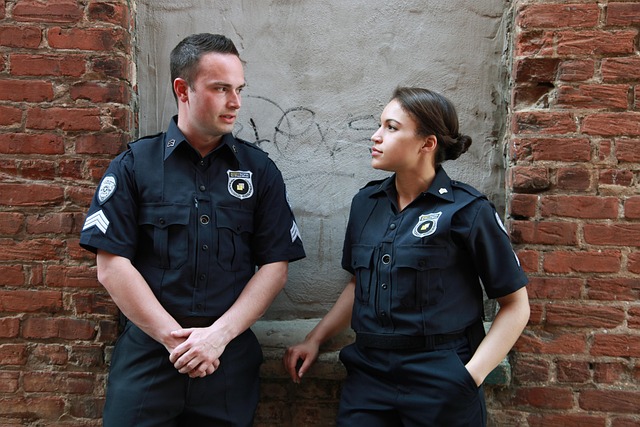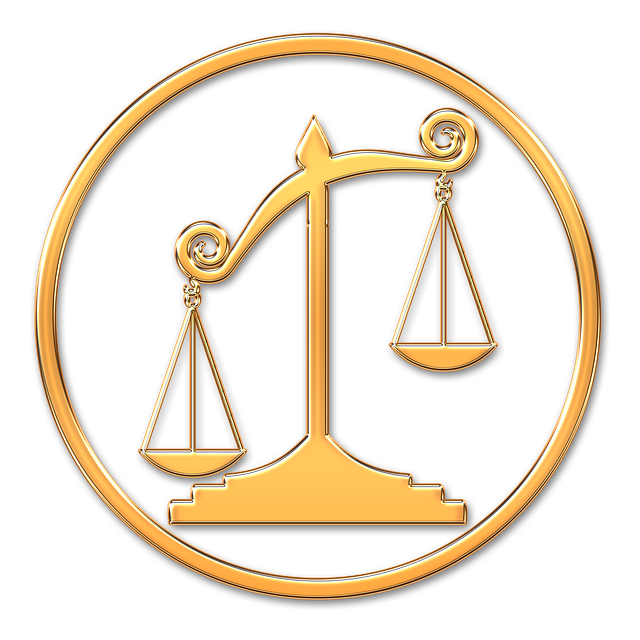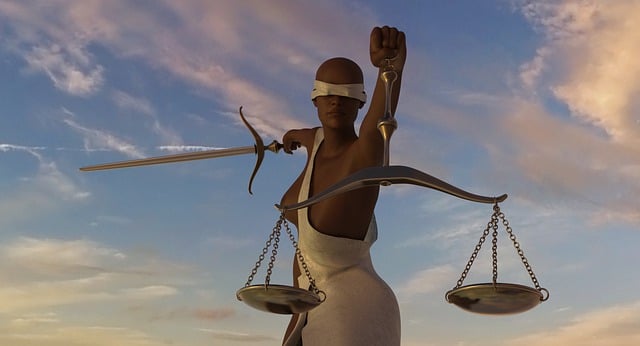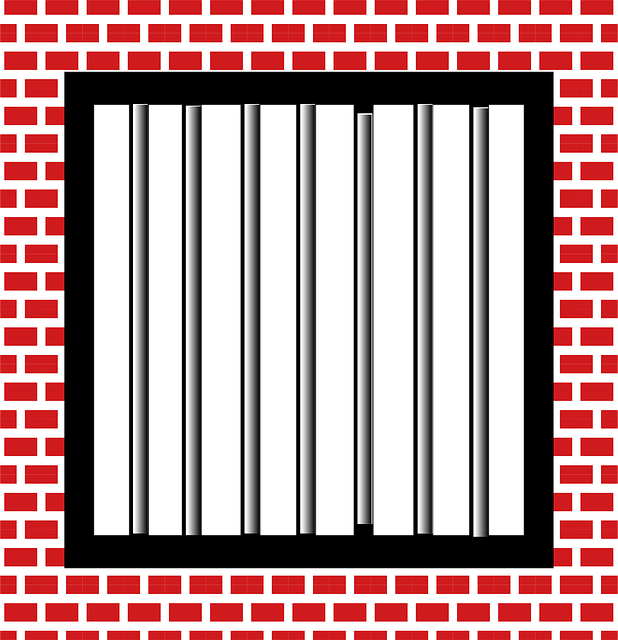Overcoming challenges in jury selection requires understanding and addressing potential biases of jurors, influenced by experiences, media, and societal stereotypes. Lawyers use meticulous voir dire to unearth hidden prejudices, aiming for a fair, representative panel that decides cases based on evidence. This process is crucial for securing defense verdicts, especially in white-collar cases with diverse backgrounds and limited legal understanding among jurors, while balancing ethical considerations. Skilled attorneys navigate these challenges to ensure a fair trial, diversify the jury pool, and present compelling arguments leading to favorable outcomes, including acquittals or reduced sentences.
“In the intricate realm of criminal law, ensuring a fair trial is paramount. This article delves into the multifaceted challenges faced during jury selection, exploring critical issues that can significantly impact case outcomes. We examine the role of bias and prejudices among potential jurors, the influence of public opinion, ethical dilemmas during deliberations, and strategies to overcome these obstacles. Understanding these dynamics is essential for navigating the complexities of criminal justice.”
- Understanding Bias and Prejudices in Potential Jurors
- The Impact of Public Opinion on Case Outcomes
- Ethical Dilemmas Arising During Jury Deliberations
- Overcoming Stumbling Blocks to Ensure a Fair Trial
Understanding Bias and Prejudices in Potential Jurors

Understanding potential jurors’ biases and prejudices is a significant challenge faced during jury selection. Jurors, as representatives of the community, bring with them a range of preconceived notions shaped by personal experiences, cultural influences, media exposure, and societal stereotypes. These biases can significantly impact their ability to render impartial judgments in criminal law cases. For instance, racial or ethnic prejudice might lead to unfair discrimination against defendants from certain backgrounds, while gender bias could influence perceptions of witness credibility.
Overcoming these challenges requires a thoughtful and strategic approach. Lawyers must probe deeply into potential jurors’ backgrounds and experiences during voir dire, aiming to uncover hidden biases and ensure a fair and representative panel. Achieving extraordinary results in winning challenging defense verdicts often hinges on successfully navigating these issues, ensuring that the jury is composed of individuals who can set aside personal prejudices and render decisions solely based on the evidence presented in court.
The Impact of Public Opinion on Case Outcomes

Public opinion plays a significant role in criminal law cases, often influencing the outcome, especially during jury selection. As trials progress, the sentiment of the philanthropic and political communities can impact how jurors perceive the accused and their actions. This external pressure poses unique challenges for lawyers and judges alike.
The process of choosing a fair and impartial jury becomes more complex when public opinion is skewed by media coverage or societal biases. In many cases across the country, this has led to instances where there’s a complete dismissal of all charges due to preconceived notions rather than the evidence presented in court. Navigating these challenges requires careful consideration to ensure justice is served regardless of external sentiments.
Ethical Dilemmas Arising During Jury Deliberations

During jury deliberations, lawyers often face complex ethical dilemmas that require careful navigation. The process involves guiding jurors through a labyrinthine series of arguments and evidence, aiming to achieve extraordinary results for their clients. However, this presents challenges, especially when dealing with sensitive matters like white-collar defense cases.
Jurors, being individuals with diverse backgrounds and beliefs, may struggle with understanding intricate legal concepts. Lawyers must strike a delicate balance between presenting a compelling case and ensuring fairness, avoiding any hint of manipulation or bias. The pressure to secure a favorable verdict can lead to ethical grey areas, particularly when encouraging jurors to consider outcomes that favor the client but might not align with strict legal interpretations. Thus, effective communication and a deep understanding of the law are crucial to navigating these dilemmas and upholding the integrity of the justice system.
Overcoming Stumbling Blocks to Ensure a Fair Trial

Ensuring a fair trial is an intricate process, especially when navigating the challenges faced during jury selection. In criminal law cases, this stage can be make or break for both prosecutors and defense attorneys, as it significantly influences the outcome. One of the primary obstacles is addressing potential biases among prospective jurors, who may have preconceived notions about the case based on media coverage or personal experiences. Skilled lawyers employ various strategies to overcome these hurdles, such as thorough questioning during voir dire to uncover hidden biases and ensuring a diverse jury pool represents different perspectives.
The challenges don’t end there. For corporate and individual clients alike, winning challenging defense verdicts requires a deep understanding of the law and its interpretation. Across the country, legal professionals are adept at presenting compelling arguments and introducing relevant evidence to counteract the prosecution’s case. By effectively highlighting inconsistencies or gaps in the evidence, successful defense strategies can lead to acquittals or reduced sentences, demonstrating the importance of a robust legal representation in navigating these intricate trials.
In navigating the intricate landscape of criminal law cases, understanding and overcoming challenges faced during jury selection are paramount. Biases, prejudices, public opinion, and ethical dilemmas can significantly impact case outcomes, demanding meticulous consideration. By recognizing these obstacles, legal professionals can ensure fair trials, upholding the principles of justice and fairness essential to a robust legal system.






